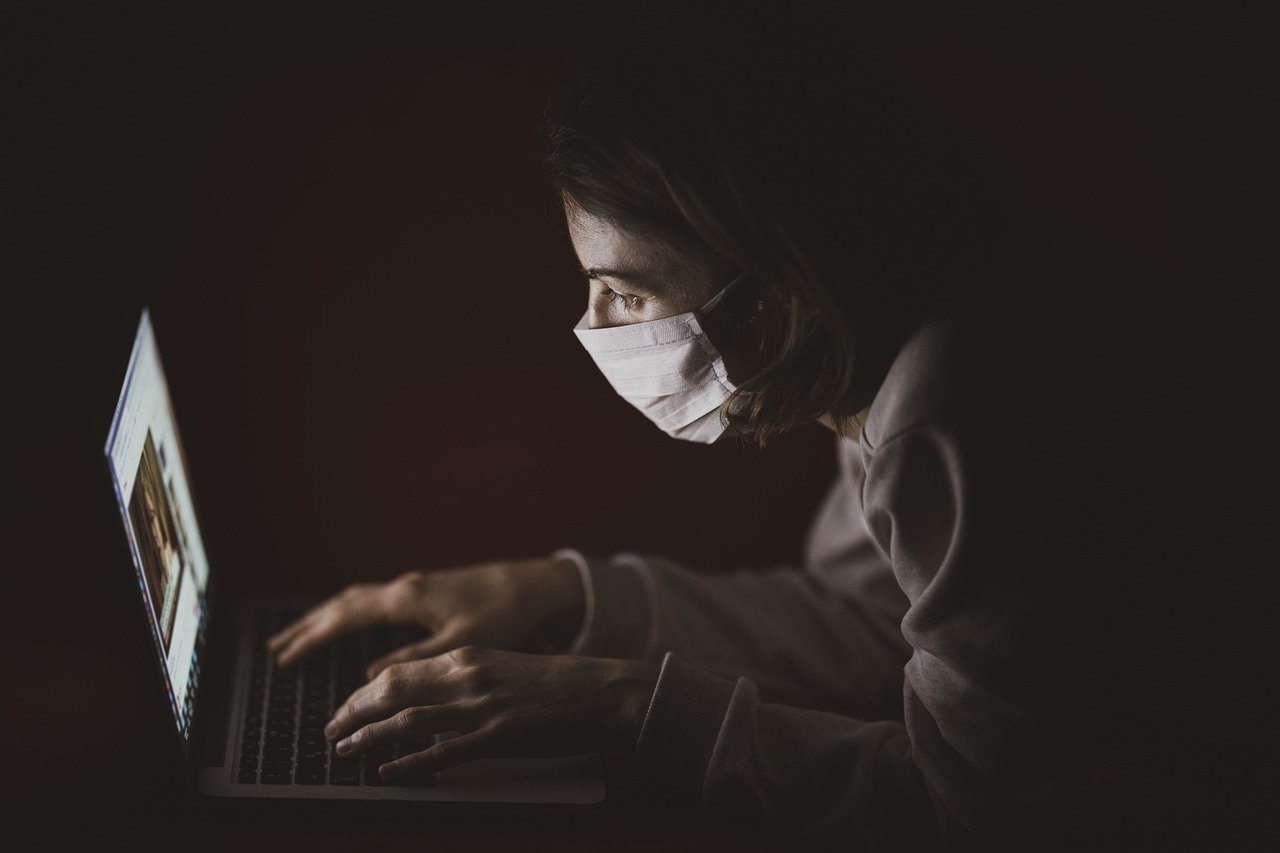
What You Should Know:
– The World Health Organization (WHO) and the Wikimedia
Foundation forms collaboration to expand public access to reliable, trusted information
about COVID-19.
– The collaboration is part of a shared commitment from
both organizations to ensure everyone has access to critical public health
information surrounding the global coronavirus pandemic.
The World Health Organization
(WHO) and the Wikimedia Foundation, the nonprofit that administers
Wikipedia, announced today a collaboration to expand the public’s access to the
latest and most reliable information about COVID-19. The
collaboration will make trusted, public health information available
under the
Creative Commons Attribution-ShareAlike license at a time when
countries face continuing resurgences of COVID-19 and
social stability increasingly depends on the public’s shared understanding of
the facts.
Through the collaboration, people everywhere will be able to
access and share WHO infographics, videos, and other public health assets
on Wikimedia
Commons, a digital library of free images and other multimedia. With
these new freely-licensed resources, Wikipedia’s more than 250,000 volunteer
editors can also build on and expand the site’s COVID-19 coverage,
which currently offers more than 5,200 coronavirus-related articles in 175
languages. This WHO content will also be translated across national and
regional languages through Wikipedia’s vast network of global volunteers.
Why It Matters
By making verified information about the pandemic available
to more people on one of the world’s most-visited knowledge resources, the
organizations aim to help curb this infodemic and ensure everyone can access
critical public health information.
“Access to information is essential to healthy communities and should be treated as such,” said Katherine Maher, CEO at the Wikimedia Foundation. “This becomes even more clear in times of global health crises when information can have life-changing consequences. All institutions, from governments to international health agencies, scientific bodies to Wikipedia, must do our part to ensure everyone has equitable and trusted access to knowledge about public health, regardless of where you live or the language you speak.”
